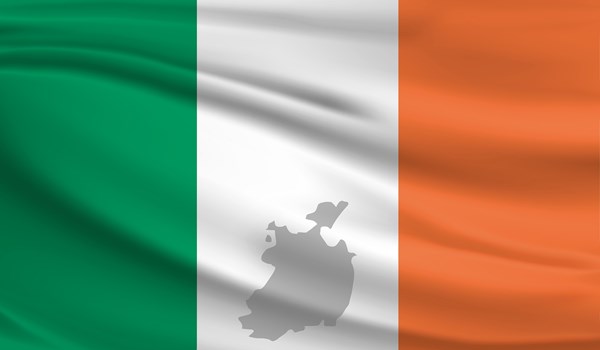Jurisdictions
Regions
Industry Sectors
16/11/21
IRELAND: Jurisdiction was right to fight its corner over tax reform, says OECD negotiator.

As published on independent.ie, Tuesday 16 November, 2021.
Ireland was justifiably “difficult” and “demanding” during talks on a global corporate tax deal, one of its lead negotiators has said.
Pascal Saint-Amans, director of the Centre for Tax Policy and Administration at the Organisation for Economic Cooperation and Development (OECD), said Ireland was right to “fight” its corner on tax reform.
“Ireland was difficult because Ireland had high stakes there, and Ireland did fight the right fight in a very constructive manner, but being extremely demanding. And so should Ireland be,” Mr Saint-Amans told an event organised by the European Movement Ireland network.
“We are extremely grateful that Ireland was able to move, and grateful also [to Ireland] for being demanding because an agreement is good only when all the countries can agree because they are sufficiently happy and unhappy at the same time with the outcome.”
The deal was signed off in October and is supported by 137 out of the now 141 countries participating in the talks, including Ireland, despite some initial reluctance in the summer.
The two-pillar accord shifts where large multinationals pay some of their taxes – according to sales rather than residence – and sets a minimum rate of 15pc on the corporate profits of a greater number of firms.
Ireland secured last-minute changes to the agreement to ensure the minimum tax rate would be set at 15pc and not “at least 15pc”.
Finance Minister Paschal Donohoe, said that a failure to sign up to the deal would have led to “continued uncertainty” and insisted that tax is “part of a broader economic model” that would continue to attract investment to Ireland.
The European Commission is to publish a draft directive implementing the 15pc rate just before Christmas, which Mr Donohoe said would stick to the spirit of the deal.
It will require the unanimous sign-off of all 27 EU members, with Mr Donohoe saying EU countries are likely to “respond positively to it”.
Mr Saint-Amans said the Commission “will be stopped” by EU finance ministers if it tries to gold plate the deal.
Technical details on the first pillar of the deal – the reallocation of taxing rights to other countries – are still being drawn up by the OECD and will not be available until next year.
That will also require the sign-off from participating governments, including the US Congress.
The agreement, in full, is likely to cost Ireland up to €2bn once it is fully implemented, an estimate that Mr Donohoe said he will “be in a position” to revise by the second quarter of next year.
The US is also enacting domestic legislation that would bring it into line with the OECD’s 15pc minimum tax rate, but it has yet to pass through both houses of Congress.
Mr Donohoe said he was “confident” the US would make the changes necessary to allow other OECD members to implement the deal next year.
He said he expects next year’s budget and finance bill to feel the first impacts of the historic deal.



